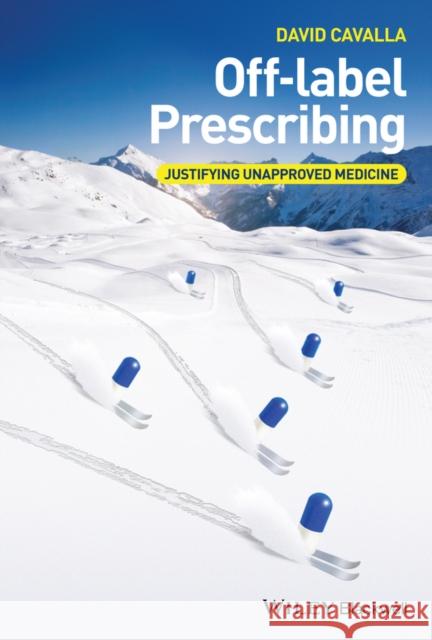Off-Label Prescribing: Justifying Unapproved Medicine » książka
Off-Label Prescribing: Justifying Unapproved Medicine
ISBN-13: 9781118912072 / Angielski / Twarda / 2015 / 216 str.
Today's medicines are regulated for their efficacy and safety and, once approved, they can be marketed for certain uses as justified by the data. Regulatory bodies in developed countries are constituted by legal statute and operate as parts of government, ostensibly in the interests of the people as patients. But once approved, medicines can be used for any purpose the prescriber thinks fit and appropriate for the patient. One in five prescriptions is therefore written outside regulatory purview. Off-label Prescribing looks into the corners of our medicated lives, where drug regulation runs up against medical practice, and concerns the use of a drug that has been approved for one use (in medical parlance, 'indication') being used for a different indication; alternatively, being used on a different set of patients from the ones it is approved for, or at a different dose. Usually the patient is unaware of what is going on, having not been informed by their doctor of this aspect of his or her prescribing choice. The book examines how and why this occurs, what the various medical professions have to say about it, and how pharmaceutical companies benefit by moving into this poorly regulated area. Off-label Prescribing pulls these complex issues together in one volume, to highlight current practice, its advantages and weaknesses and how the author suggests practice should evolve in the future. It will therefore be of interest to all those who prescribe (and receive) medicines, combined with a greater objective to provide more transparency and discussion for professionals.











